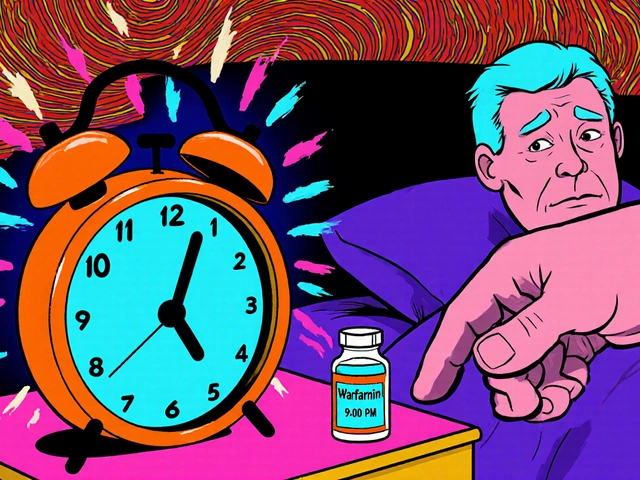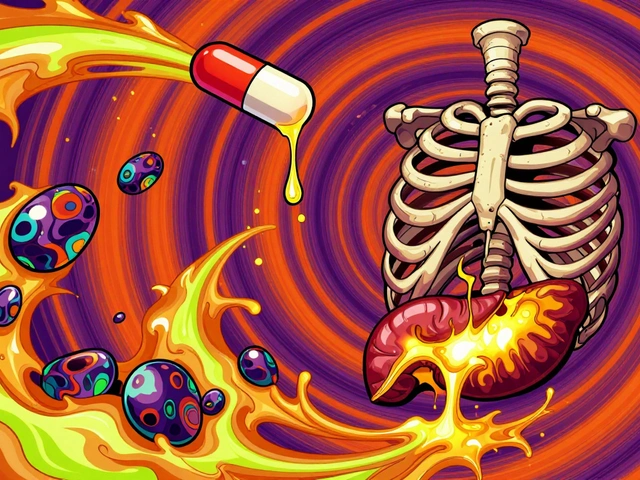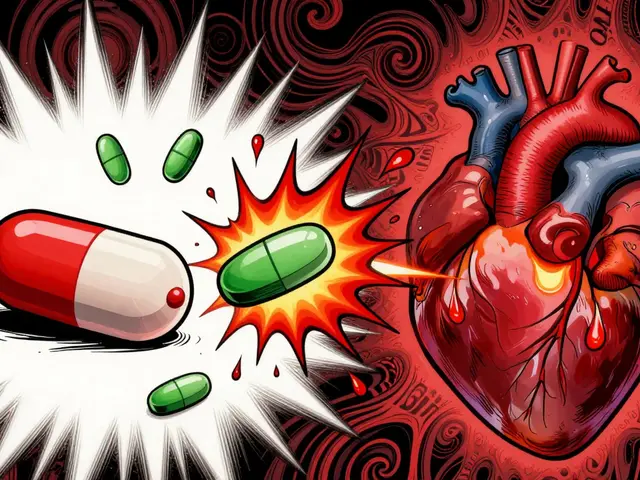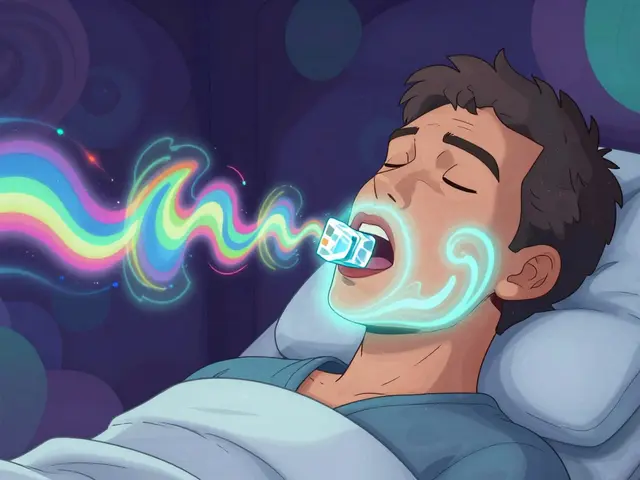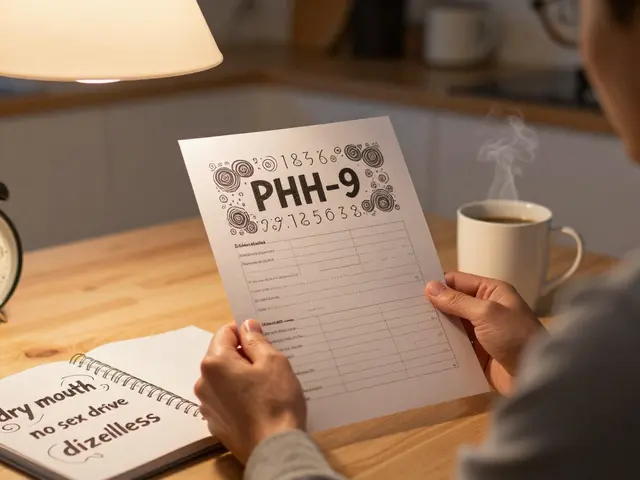
Artemisinin‑Based Therapy Explained in Plain English
If you’ve heard doctors mention artemisinin for malaria, you probably wonder what it actually does. In simple terms, artemisinin comes from the sweet wormwood plant and kills malaria parasites fast. The UK’s NHS recommends it as part of an Artemisinin‑Based Combination Therapy (ACT), which pairs artemisinin with another drug to stop the infection from coming back.
Why combine drugs? Artemisinin works quickly but can fade fast if used alone. Pairing it with a longer‑acting partner keeps the parasite down for the whole treatment course. This combo approach also slows down resistance, which is a big concern worldwide.
How Artemisinin Kills Malaria Parasites
When artemisinin enters the blood, it reacts with iron inside the parasite. That reaction creates free radicals, tiny molecules that smash the parasite’s proteins and membranes. The damage is rapid, which is why patients often feel better within a day or two. The partner drug in ACT, such as lumefantrine or amodiaquine, sticks around longer to finish the job.
In the UK, ACT is usually prescribed for uncomplicated *Plasmodium falciparum* malaria. For severe cases, doctors may start with intravenous artesunate, another form of artemisinin, before switching to oral ACT once the patient stabilises.
Dosage, Safety, and Practical Tips
Typical adult ACT dosage is a four‑day course, with tablets taken twice daily. The exact number of tablets depends on the brand and the partner drug. Always follow the prescription label – missing doses can let the parasite survive and potentially develop resistance.
Side effects are generally mild. Some people get a headache, nausea, or an upset stomach. If you notice a rash, fever spikes, or unusual dizziness, contact your pharmacist or doctor right away. Pregnant women should only use artemisinin under medical advice, as the safety data are limited for the first trimester.
When buying medication, stick to NHS pharmacies or trusted online UK pharmacies that require a prescription. Avoid cheap overseas sites that sell “generic” artemisinin without proper quality checks – counterfeit tablets may contain nothing at all.
For travelers heading to malaria‑risk regions, a pre‑travel consultation helps you get the right ACT on hand. Carry the medication in its original packaging, keep it away from moisture, and note the expiration date.
In summary, artemisinin‑based therapy is the frontline defense against malaria in the UK. It works fast, partners with another drug to prevent resistance, and is safe for most people when taken correctly. Keep an eye on dosage, watch for side effects, and always get it from a reputable source. That way you’re prepared if malaria ever shows up on your travel itinerary.
-
9 Aug

